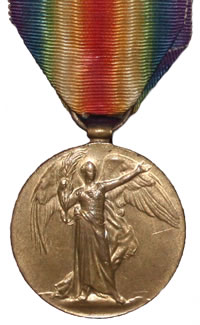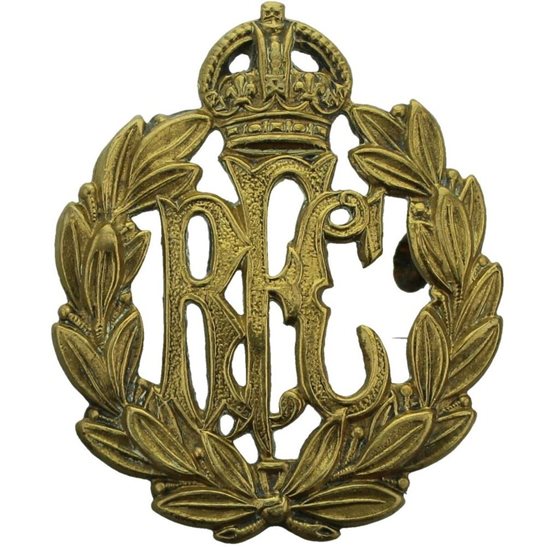Personal Details
Born: 4 December 1896 in Ash, Shropshire.
Family: He was the fifth of six children born to John Riley, a chauffeur (later a farmer in Canada) and his wife Helena Annie, nee Ely. He married Caroline Emily Marsh on 22 December 1928 in Spokane, Washington State, U.S.A. The couple had a daughter, Elizabeth Jean.
Residence: In 1901 his family were living in Ash Parva, Ash, Shropshire. They emigrated to Canada in March 1903. By 1911 their home was in Yale and Cariboo, British Columbia. In 1930 and now married, he and his wife were living at 5528 Dorchester Avenue, Chicago, Illinois, U.S.A. At the time of his death he was living in Vancouver, British Columbia.
Employment: At the time of his Attestation in 1917 he was a student.
Died: 23 March 1969 in Vancouver, British Columbia, aged 72.
Military Details
Regiment: Royal Flying Corps. (previously Canadian Expeditionary Force (British Columbia Regiment))
Rank: Aviator Cadet (previously Private)
Service Number: 172563 (previously 2138582)
Date of Enlistment: 24 October 1917
Date of Discharge: 24 December 1918
Reason for Discharge: Being surplus to R.A.F. requirements
Other Information: His brother, William John, also served with the Canadian Expeditionary Force during WW1.
Christopher was awarded the Victory Medal

The Allied Victory Medal (also known as ‘Wilfred’) was issued by each of the allies. It was decided that each of the allies should each issue their own bronze victory medal with a similar design, similar equivalent wording and identical ribbon. The British medal was designed by W. McMillan. The front depicts a winged classical figure representing victory. Approximately 5.7 million victory medals were issued. Interestingly, eligibility for this medal was more restrictive and not everyone who received the British War Medal (‘Squeak’) also received the Victory Medal (‘Wilfred’). However, in general, all recipients of ‘Wilfred’ also received ‘Squeak’ and all recipients of The 1914 Star or The 1914/1915 Star (also known as ‘Pip’) also received both ‘Squeak’ and ‘Wilfred’. The recipient’s service number, rank, name and unit was impressed on the rim.

